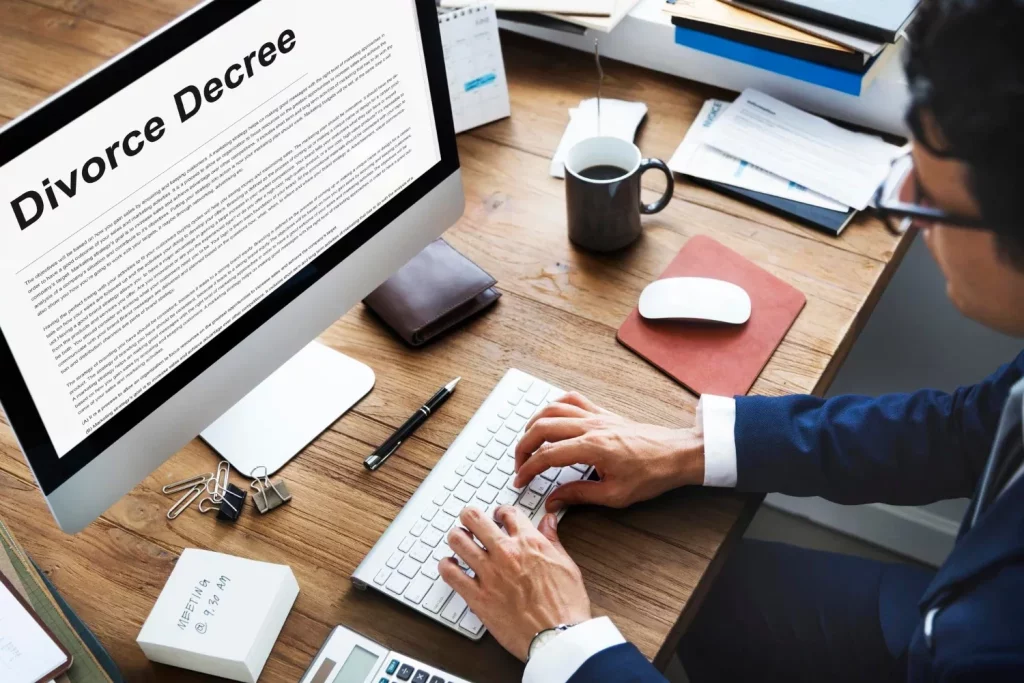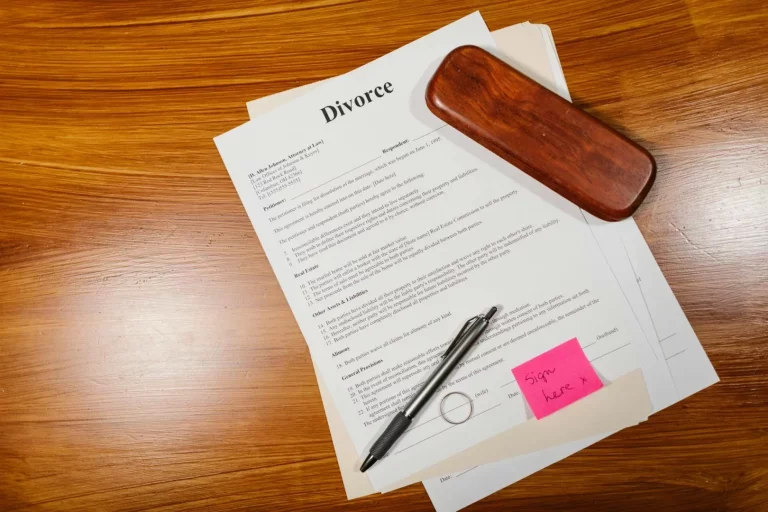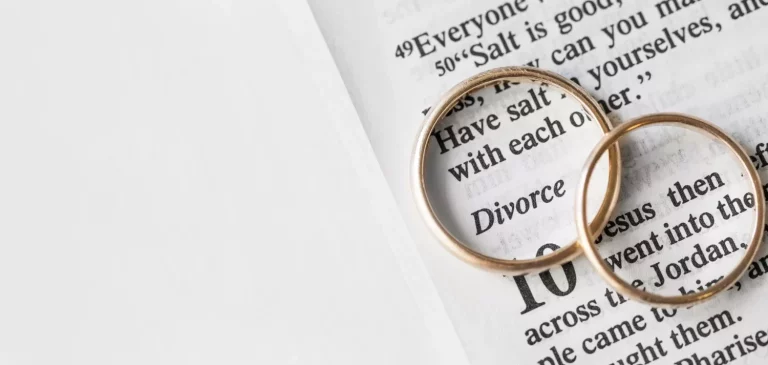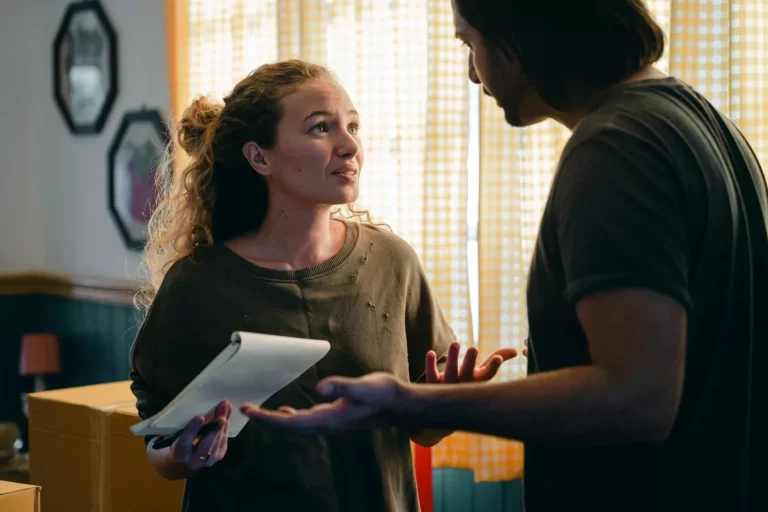Divorce Records: Can You Look Them Up?
Ever wondered if you can look up divorce records? At TheBostonDivorceLawyer, we have the answers you need. Discover the truth about accessing these important documents today.
Based on legal regulations, divorce records are generally considered public information available for access.
Definition
When someone asks if you can find divorce records, they want you to look for documents that show a marriage has ended legally. These records usually include the names of the people involved, the date of the divorce, and details about things like child custody, dividing assets, and alimony.
To find these records, you often need to check databases managed by government agencies like courts or vital records offices. In many places, these records are public, so anyone can request them. However, the steps to get these records can differ depending on where you are and the rules in that area.
You know, people may look for divorce records for various reasons, like checking if a potential partner is divorced, doing family history research, or for legal reasons like determining eligibility for benefits or resolving legal issues. Remember, accessing someone else’s divorce records without their permission may violate privacy laws.
In short, looking up divorce records means searching for official documents that show the end of a marriage. These documents provide legal proof of the divorce and may include important details about what was decided after the marriage ended.
Availability
Let me explain, availability of divorce records means whether or not you can get them. In some places, anyone can easily access these records because they are public. But in other places, they might be sealed or hard to get.
The ease of accessing divorce records depends on the local laws. Sometimes, you might need to fill out forms and pay a fee to get these records. My point is, there might also be rules about who can see them, and you might need to prove why you need the information.
Even if divorce records are public, some details might be missing or hidden to protect people’s privacy.
In short, how easy it is to get divorce records varies by location and situation. You should check local rules or do some research to find out more.
Process
Find out where the divorce happened. It could be at a county courthouse, a state vital records office, or an online database. You might need the names of the people involved, the date of the divorce, and the case number, if you know it.
Once you have this info, contact the right office to ask for the records. You may need to write a formal request or fill out a form. Believe it or not, some places let you see records online, but others may need you to visit in person or send a request by mail. Follow the office’s instructions carefully to make the process easier.
After you submit your request, it could take some time to find and provide the records. There might be fees for copies of the records too. In short, to look up divorce records, you’ll need to gather information, contact the right office, submit a request, and wait for the records to be found and provided.
Cost
The cost of getting divorce records can vary based on where you look. Some courthouses or online databases may give you access for free, while others might charge a small fee.
If you go to a courthouse in person, you might have to pay for copying the documents or using their computer system. Online searches might also come with a fee. Basically, it’s a good idea to find out about any costs before you start looking. Check the specific fees for the method you choose, as they can differ depending on the location and type of records.
Before you begin your search, think about how much you’re willing to spend on getting the records. This will help you plan and make sure you have the money you need to cover any fees.
Privacy
So to speak, when searching for divorce records, keep privacy in mind. Divorce records are usually public, so anyone can see them. However, some details might be hidden by privacy laws. It’s important to respect the privacy of those in these records. Sharing or using this information without permission can violate their privacy rights.
You know, also, looking at someone’s divorce records without a good reason or authorization can be seen as invading their privacy. Always be careful about privacy when accessing divorce records and think about what using this information could mean. Everyone deserves privacy, and it’s important to respect that when handling personal information like divorce records.

The End Note
Accessing divorce records is typically a straightforward process that can provide valuable information for various purposes. Whether for legal reasons, genealogical research, or personal curiosity, individuals can often obtain divorce records by contacting the relevant court or government agency.
What TheBostonDivorceLawyers is urging you to look at is, while the specific requirements and availability of these records may vary by jurisdiction, they are generally public records that can be accessed with the proper authorization. So, yes, you can look up divorce records.







